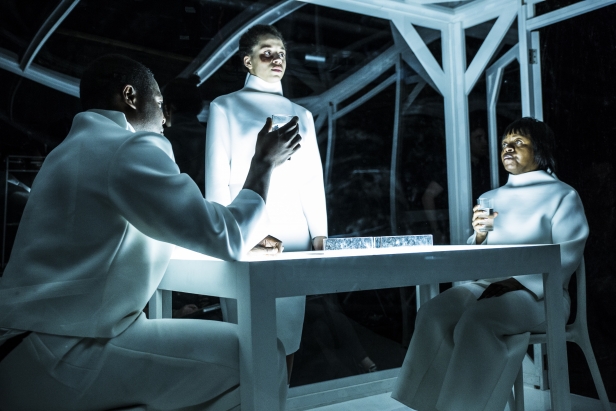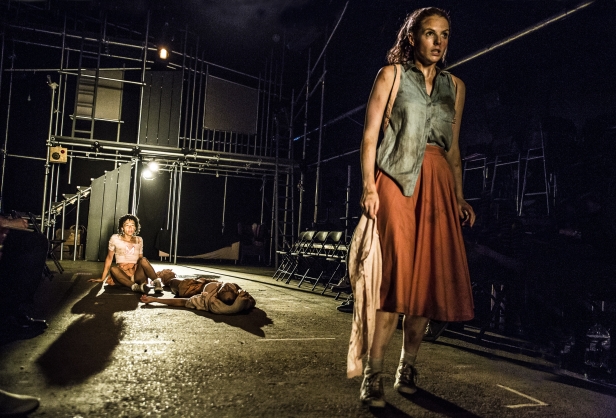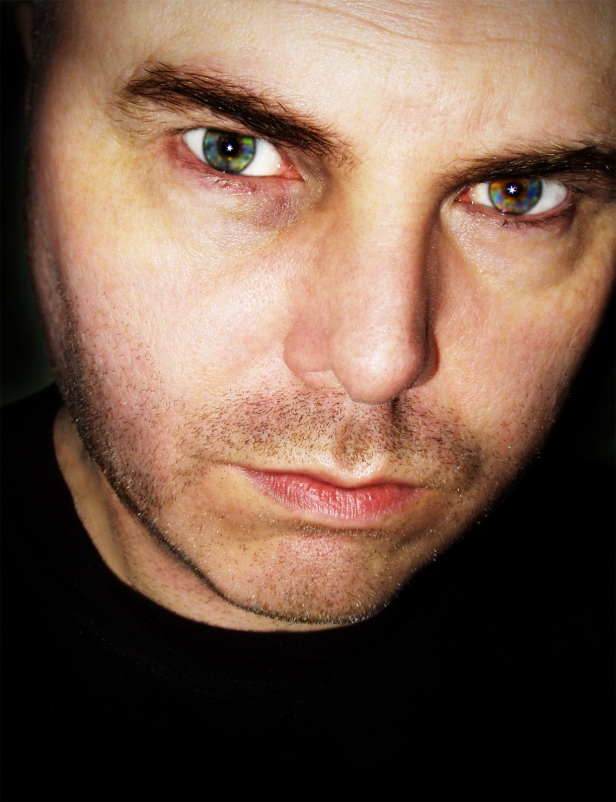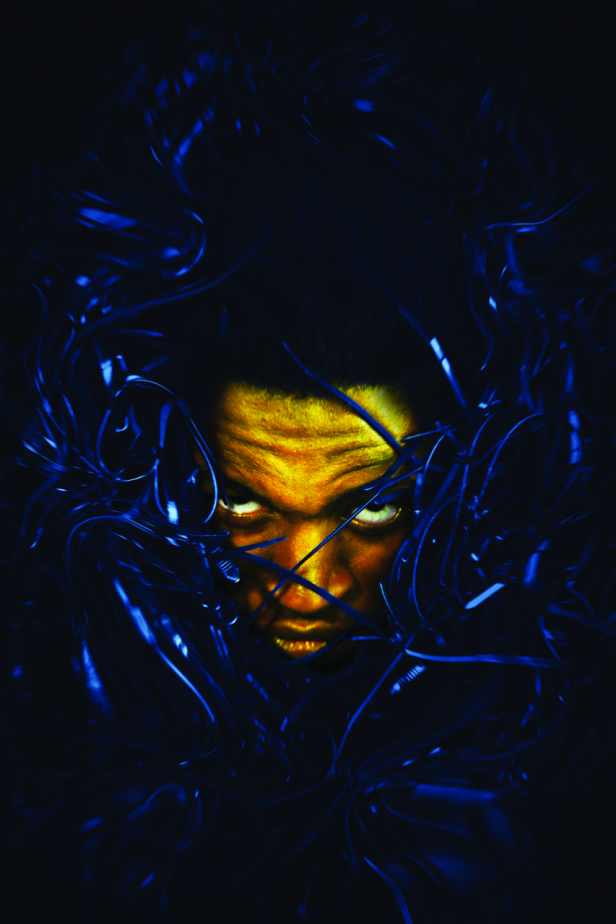A new Philip Ridley play is always a cause for excitement, and there’s something even more enticing than usual about his latest: Karagula. The new work from the writer of Mercury Fur, Radiant Vermin and The Pitchfork Disney, not to mention writer-director of the films The Reflecting Skin, The Passion Of Darkly Noon and Heartless, has been kept under wraps, with only a whisper of plot information and rumblings of something special and epic.
We spoke to Ridley about what to expect from Karagula, the difference between writing for adults and for teenagers, and how he feels about the afterlife of his work.
Obviously a lot is being kept secret about Karagula, but what can you tell our readers about it?
Well, it begins with a kiss. Libby and Dean are teenage sweethearts in a 1950’s America. Only this version of America has a twist. Every year they shoot to death their Prom King and Queen as a sort of ‘society bonding’ sacrifice. Dean is a dead cert – no pun intended – to be the new Prom King, and he’s having doubts about going ahead with a bullet in the head, so to speak. It his rebellion, and Libby’s love for him, that kick starts the story.
Can you tell us anything about where the inspiration for it came from?
Well, sci-fi has always been a big part of my life. And people have always told me that my work feels like science fiction, even when it’s set in the here and now. And my film The Reflecting Skin has a sort of sci-fi vibe. And my stage play Mercury Fur has genetically engineered butterflies that grow an assortment of drugs on the pollen of their wings. I know this is by way of not directly answering you question but…well, I always find it hard to say where ‘inspiration’ came from. I can’t think of an ‘Eureka’ moment. It’s lots of little eurekas that gradually cluster together. Of course, I’m affected by the what’s going on in the world around us, as we all are, and a story like Karagula is a way of talking about these things without directly referencing them. I see it as a kind of zeitgeist dream.
What is it about Karagula that made you want this level of secrecy?
To be honest, a lot of it came out of necessity and accident. It wasn’t a carefully worked out masterplan. These things rarely are. The script was still taking shape. The story was so unexpected that none of us was sure how to describe it. And for a long time we couldn’t find the right venue to do it in. So when people asked questions we just said, ‘It’s a secret’ as a way of avoiding answers. And as time went on the secrecy become…official.
Do the story and the form (or forms) it will take come to you at the same time? Was Karagula always conceived as something that would be something very different?
Well, that’s two different questions. The first one, yes, usually, once a story starts to come together in my head I sort of know the form it should take. It’s hard to put into words exactly how I know. But if a story’s main narrative motor is words, people speaking to each other, and if – perhaps more importantly – it needs a live audience to fully work…then that’s a stage play. With regards to if I always conceived Karagula being different…no. I don’t plan anything. I never know how a project is going to end up. I just start with a tiny bit of an idea and see what happens.

Does writing teenagers require a different approach to writing adults? Is there more freedom, possibly?
To be honest, I’m not conscious of changing my approach at all. The basic concerns are always the same. To tell a story as inventively and truthfully as possible, to make the language glitter like broken glass, to make the characters alive and full of both honey and acid and oh, yes, not to bore people. That’s the most important thing. Don’t bore.
How do you feel about the extended life of plays, as opposed to films, in that new creative teams are constantly restaging them? Do you still feel attached to them?
I’m always very close – or try to be very close – to the premier production of a play. After all, it’s the first time it’s being seen. I want it to be as close to how I saw it in my head as possible. But, after that, I am thrilled by people interpreting the play in whatever way they want. I have been overjoyed by some of the productions I have seen.
My play Mercury Fur, for example. I have seen productions in London, New York, Turkey and Japan. To name but a few places. The play meant something different in all those places. The Turkish production in particular. A young company doing it in the face of such state censorship and hostility. It was so brave of them. The final moments of the play – where Darren calls out ‘We can do it! We can find a world where we’ll be safe!’ – was overwhelmingly emotional.
And, of course, the meaning of a play changes over time as well. My first stage play, The Pitchfork Disney, could now read like a piece concerned with fundamentalist terrorism. It wasn’t at the time. But time has given it a new truth.

Karagula plays at The Styx until 9th July. Find more information and tickets here. Keep up with the latest genre news with the new issue of SciFiNow.

